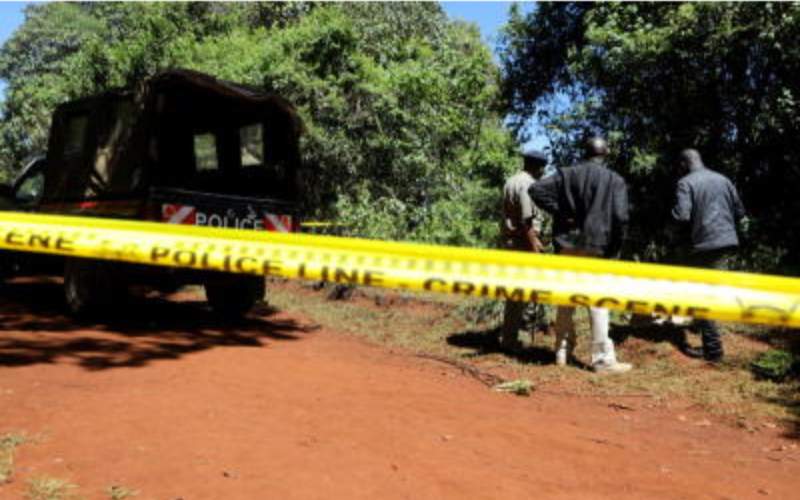×
The Standard e-Paper
Fearless, Trusted News

March 24, 2021, marked the International Day for the Right to the Truth Concerning Gross Human Rights Violations.
The day pays tribute to Catholic Priest, Bishop Monsignor Oscar Arnulfo Romero, who was shot at the pulpit in 1980 for standing up for the rights of the poor and disenfranchised in El Salvador. The Right to the Truth has come to be understood as the day that gross violations of human rights and grave breaches of humanitarian law are highlighted without fear.







